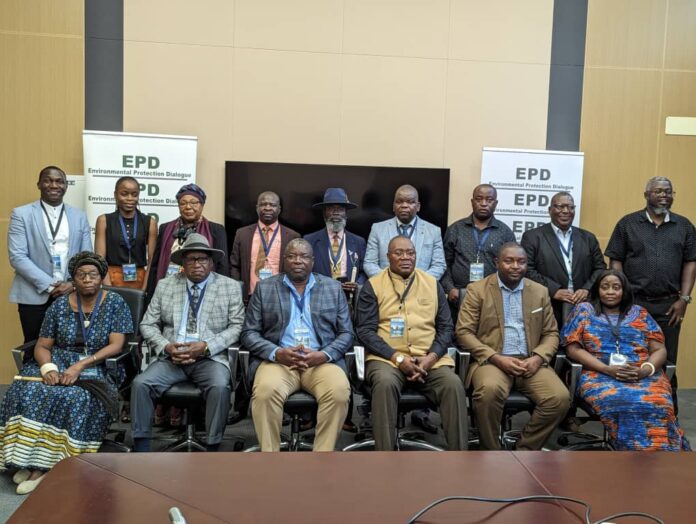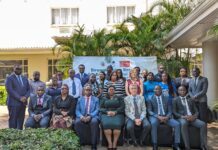READ MORE ON WWW.ZEDGOSSIP.NET and email zedgossip@gmail.com to place an ad.
REGISTER WITH PREMIERBET HERE JOIN PREMIERBET HERE AND CHECK THE LATEST BET ODDS HERE
Prof. Rhett Harrison, a senior scientist at the Centre for International Forestry Research (CIFOR) and the International Centre for Research in Agroforestry (ICRAF), has revealed that some carbon traders are not transparent in their dealings with governments.
According to him, these traders know how to manipulate the system to make it seem like they are involved in carbon trading when they are not. Prof. Harrison predicts that this will result in significant shake-ups in the carbon trading market.
“Th
Get your ZMW 200 Deposit bonus + 10 Free Spins – only at Bongobongo Zambia
is situation cannot be tolerated internationally,” he added.
These concerns were raised during the Centre for Environment Justice (CEJ) Traditional Leaders Caucus held in Lusaka. The event was held under the theme ‘Strengthening Traditional Leaders Role in Carbon Financing for Sustainable Development in Zambia’.
Climate Change Advocate Abel Musumali also expressed his disappointment that carbon traders do not pay tax. He called on the Zambia Revenue Authority (ZRA) through the Ministry of Finance to investigate this matter further, as any profit-making venture should pay taxes worldwide.
Meanwhile, Michael Donald Mailloux from Biocarbon Partners (BCP) assured that his organization is committed to transparency and accountability in all its activities. BCP was founded in 2012 with the mission to drive forest conservation and joint efforts to combat deforestation in wildlife-rich areas of Zambia.
“BCP’s mission is to make conservation of wildlife habitat valuable to people,” he said.
Freeman Mubanga, Head of Research and Studies at the Centre for Environment Justice (CEJ), added that carbon trading is a complex subject that must be properly explained to ensure clarity and fairness, especially for traditional leaders who are the chief custodians of forests, which are key carbon sinks.














